Why Villains Are Better Than Heroes
“The Joker” by spaceninja (CC BY-NC-SA 2.0.)
Joker is a villain in every sense of the word, and his unhealthy obsession with Batman has proved to be a fatal flaw for him. While he has no redeeming qualities, his complexity as a character is what fascinates society. It is why there are so many movies made for the infamous villain.
Villains are there to wreak havoc and leave devastation in their wake, yet there’s a side to villains that makes them as human as the rest of us.
Traditionally, people are expected to root for the heroes. After all, they are the ones who save humanity and protect helpless citizens from significant threats. However, there’s something more appealing about villains, especially ones that show that there is more to their characters than meets the eye. Take for instance when an evil villain is also good, as demonstrated by Marvel Studios’ Loki. That leaves the audience hanging in limbo if they want this character to succeed or fail as they don’t have to follow the rules of society to get what they want. At times, that makes a villain like Loki controversial in the eyes of the public, but when watching a villain on-screen, it is thrilling to know to expect the unexpected.
Unlike heroes, villains are not robots: they are unpredictable and more realistic. Imperfection is their whole brand. This allows them to be seen as relatable characters, and their relatability scale is what people are interested in watching. Yes, society loves a good happy ending, but they aren’t motivated to watch the movie or series to see the heroes succeed without interference.
The plot is more exciting and riveting when there’s an unpredictable factor brought in. After all, what are heroes, if not the solution to the problems caused by villains? it is more enjoyable for the story and the hero’s arc, who are forced to combat the villains’ reigns of terror. They need a balance, which is what villains have to offer, and yet somehow villains can exist without heroes, but not vice versa. Like in My Hero Academia, it is obvious that the only reason the hero society exists is because they are there to combat the problems caused by villains. Consequently, the villains only came to be because of the issues that were embedded into society. Their wickedness wasn’t something that sprung out of nowhere; instead, their deep-rooted problems had risen as a result of the injustices they faced.
A villain’s title depends on the storyteller’s stance on the narrative. If a story were told from the perspective of the “villain,” then they wouldn’t be seen in such a negative light. After all, quoting Penelope Douglas’ novel, Nightfall, “The role of the villain is only determined by who’s telling the story.”
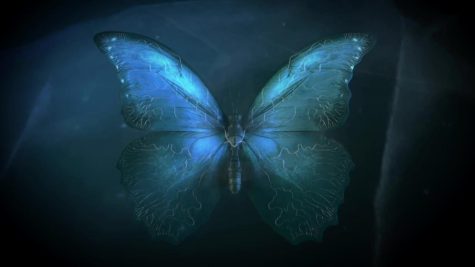
Courtney is excited to join The Ledger staff in her senior year at LRHS as writing is a passion of hers. She plans on taking creative writing classes in...


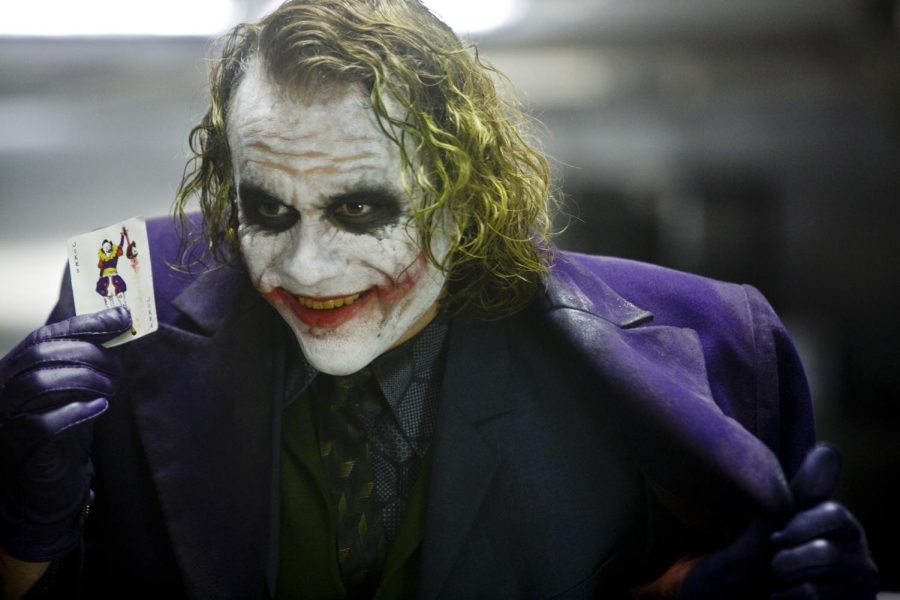
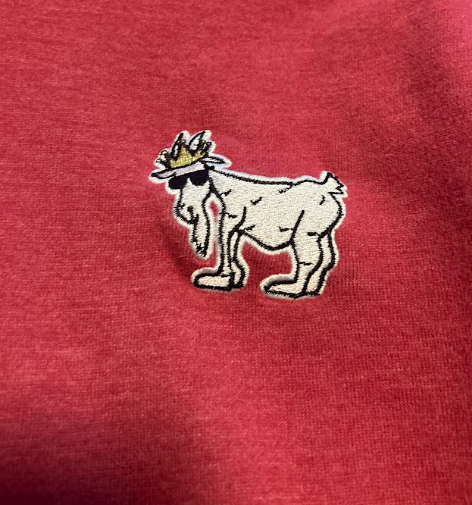

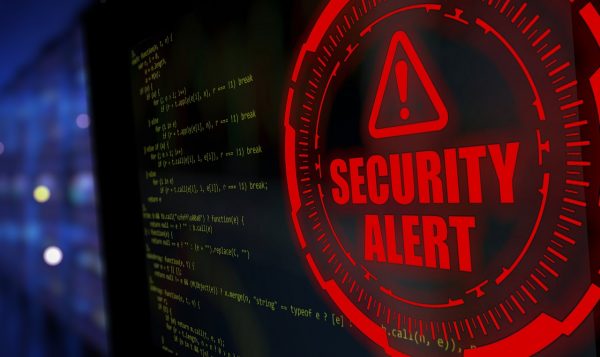

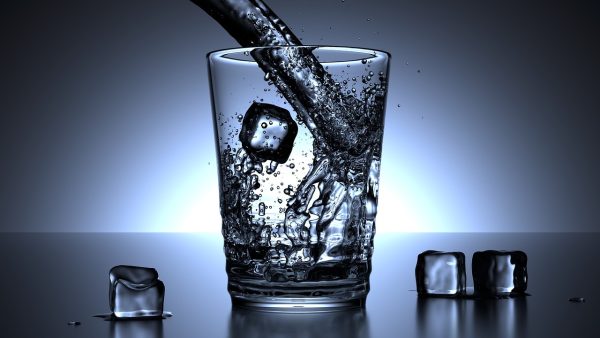
Mrs. Cawley • Dec 14, 2022 at 7:17 am
#teamslytherin